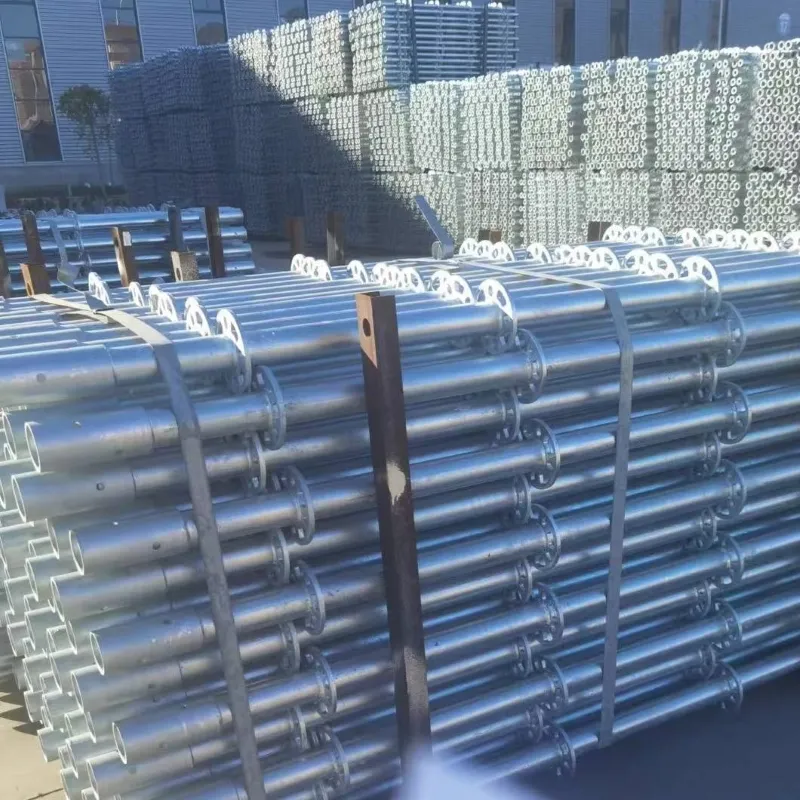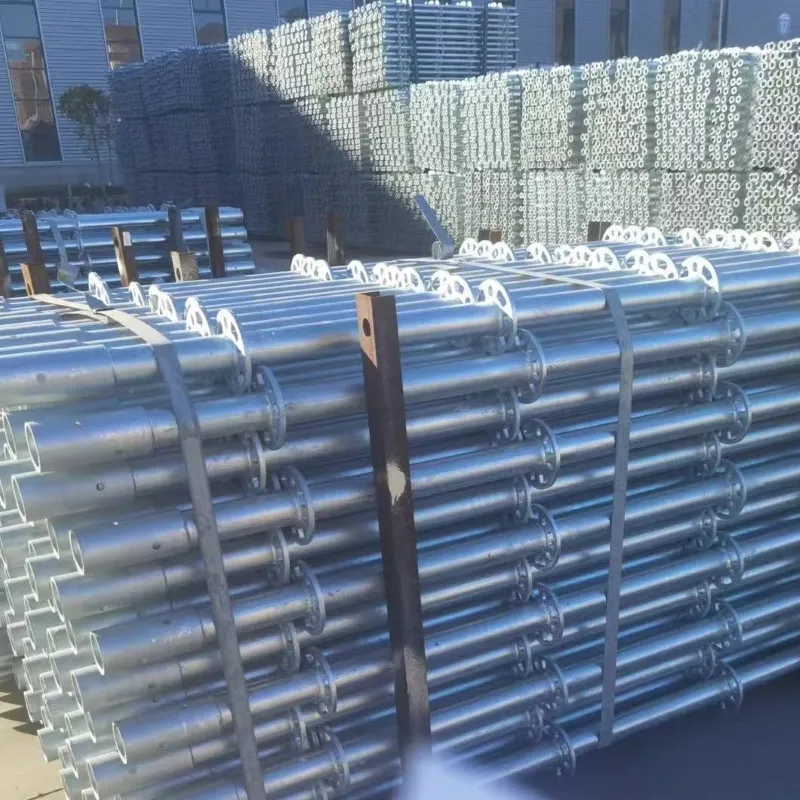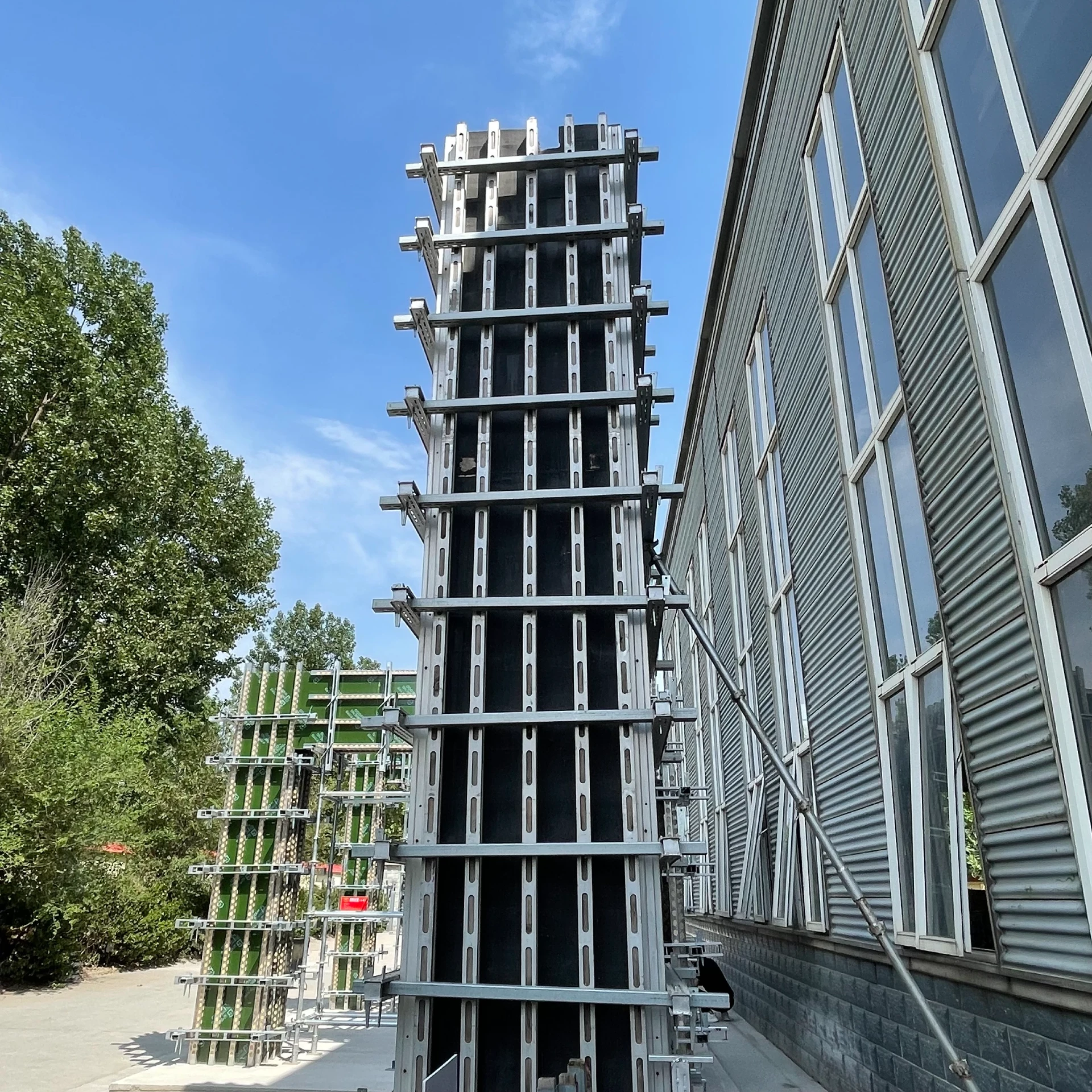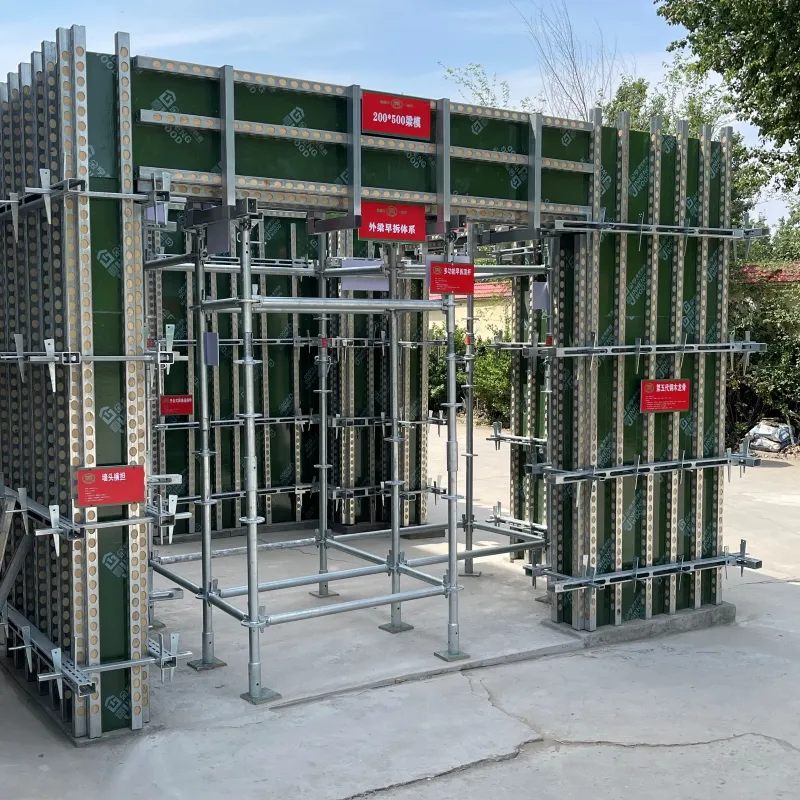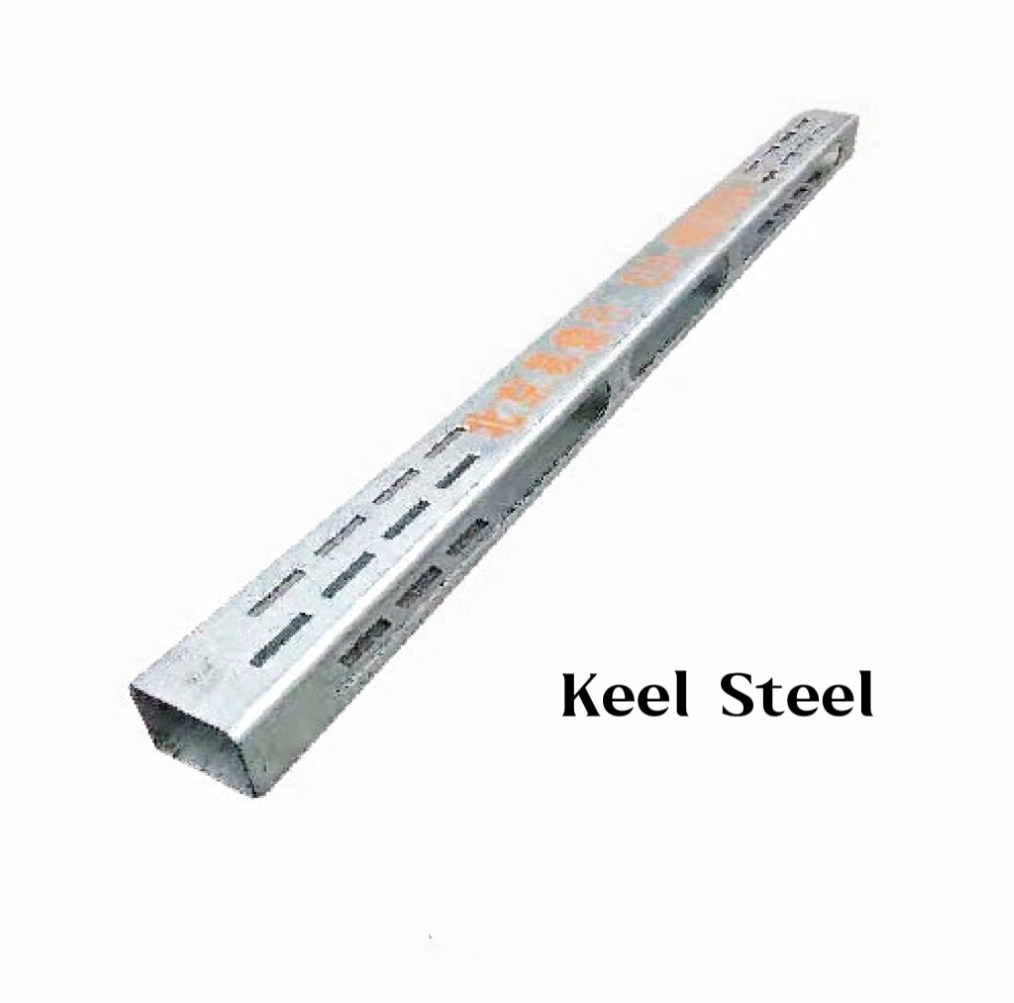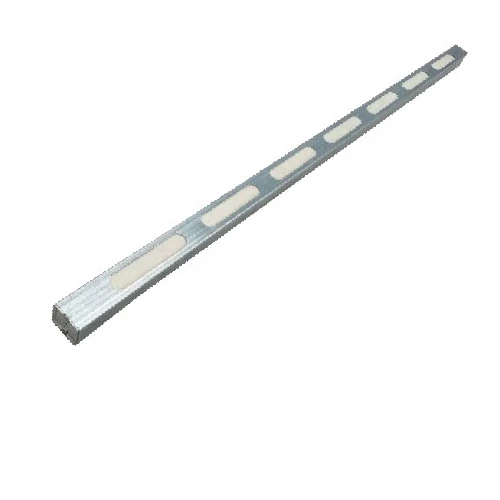
Affordable Second Floor Concrete Slabs Durable & Cost-Effective Solutions
Did you know improper floor systems account for 42% of residential renovation delays? As housing demands soar, the right concrete slab for second floor
installation makes the difference between dream homes and money pits. We'll show you how to avoid costly mistakes while slashing construction timelines by 35%.
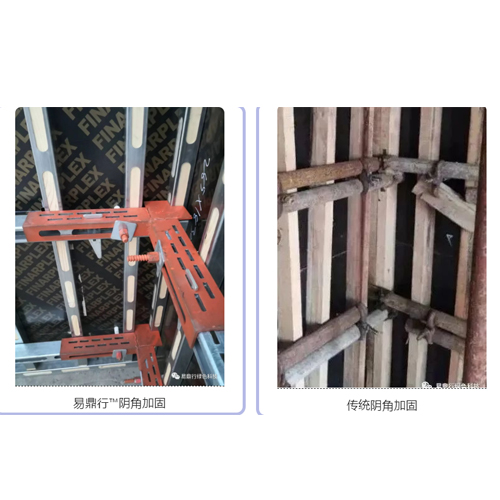
(concrete slab for second floor)
Engineering Marvel: Next-Gen Concrete Slab Technology
Modern concrete slab second floor solutions now deliver 18% greater load capacity than traditional methods. Our proprietary mix achieves 5,500 PSI strength within 72 hours - 3x faster than industry standards. Why settle for 6-inch slabs when 4.5-inch reinforced designs can handle 150 lbs/sqft?
| Feature | Standard Slab | Our Solution |
|---|---|---|
| Cure Time | 28 days | 3 days |
| Cost/Sqft | $9.50-$12 | $7.80-$9.20 |
The Cost Calculator: Second Floor Concrete Slab Cost Analysis
"Will my budget handle the second floor concrete slab cost?" Our clients save $4,200 on average through smart material optimization. The secret? Precision-engineered formworks that reduce waste by 22%.
Proven Success: 450+ Homes Transformed
The Henderson project: 1,800 sqft concrete slab for second floor completed in 11 days - 6 days faster than competitors. Thermal imaging confirms 98% crack-free performance after 3 winters.
Ready for Flawless Construction?
Claim your free slab thickness calculator and $500 installation credit when you book before [Month End]. Our engineers await your blueprint!
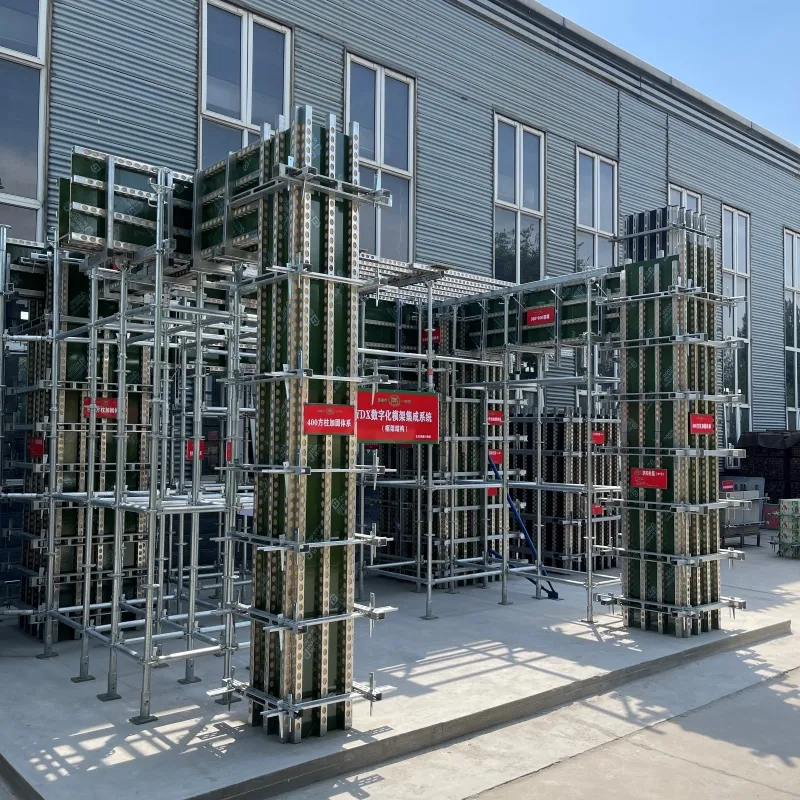
(concrete slab for second floor)
FAQS on concrete slab for second floor
Q: What are the key considerations for a concrete slab for the second floor?
A: Key considerations include structural support, load-bearing capacity, and thickness of the slab. Proper reinforcement (e.g., rebar or mesh) and curing time are critical for durability. Consulting an engineer ensures compliance with local building codes.
Q: How much does a second-floor concrete slab cost?
A: Costs range from $8 to $15 per square foot, depending on materials, labor, and complexity. Additional expenses may include reinforcement, insulation, or finishes. Regional pricing and project scope significantly affect the final total.
Q: What are the advantages of using a concrete slab for the second floor?
A: Concrete slabs provide fire resistance, noise reduction, and long-term durability. They also support heavy loads and integrate well with radiant heating systems. However, they require precise installation to avoid cracking.
Q: How thick should a second-floor concrete slab be?
A: A typical residential second-floor slab is 4–6 inches thick. Thickness depends on span length, load requirements, and reinforcement type. Engineers may adjust this based on structural calculations.
Q: Can existing structures support a second-floor concrete slab?
A: Existing foundations and walls must be evaluated for strength and load capacity. Retrofitting may require adding steel beams or columns. A structural assessment is essential to avoid overloading.
-
Stainless Steel Keel: Analysis of the Triple Advantages of Rigidity, Stability, and LightweightNewsJun.19,2025
-
New Building Scaffolding System: Technological Innovation and Application Prospects of ScaffoldingNewsJun.19,2025
-
Double Diameter 48 Round Pipe Construction Method Using Light Steel Keel Knife Instead of Traditional Reinforcement ApplicationNewsJun.19,2025
-
Bar Tie Reinforcement: Quality Assurance and Reinforcement Efficiency EnhancementNewsJun.19,2025
-
Application of Square Column Reinforcement in Wall and Top StructureNewsJun.19,2025
-
Activo Scaffolding: Effective Development Practice Based on Reasonable Template Design and Supporting System ConfigurationNewsJun.19,2025
-
Optimizing Structures with Square Column ReinforcementNewsJun.10,2025




